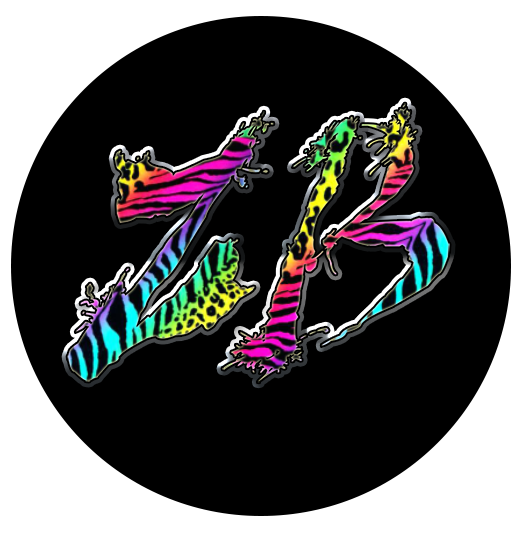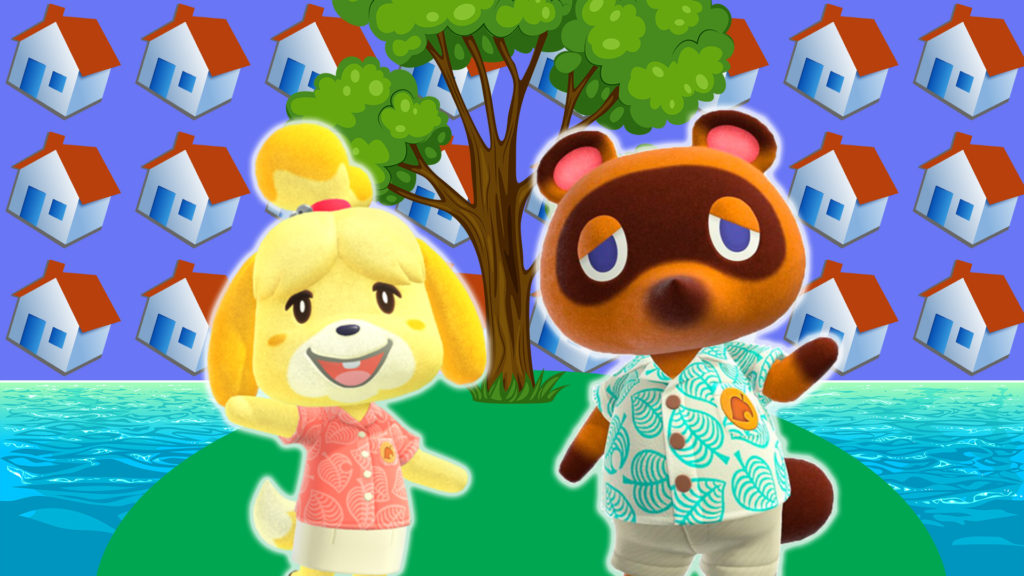Animal Crossing: New Horizons is the best game that came out during the worst possible moment. It’s less of a game, no enemies to fight and no real way to “lose” in the traditional sense, and more of a psychological salve for all of us just trying to not lose our minds. AC:NH allows for something that feels revolutionary: a moment to relax and unplug from the onslaught of terrible news. It’s gentle. It’s kind. It’s everything our current moment isn’t, and everything we’d like our daily lives to more closely resemble.
The game was released at the start of many US state’s stay at home orders, and has been a perfect way to simply not be terrified. It’s an experience that rewards return play and long-term investment, and since we’re all at home, what better way to pass the time, rather than absorbing our every waking moment in garbage brain thoughts?
On its face, AC:NH doesn’t seem like a blockbuster that has shipped 13.4 million copies in its first six weeks of release. A popular franchise, but those are big boy numbers. It’s a game that seems antithetical to the hyper-competitive PvP microtransaction landscape filled with culture war dorks and boring publishers that gaming had evolved into. AC:NH shouldn’t appeal to an American gaming audience this much.
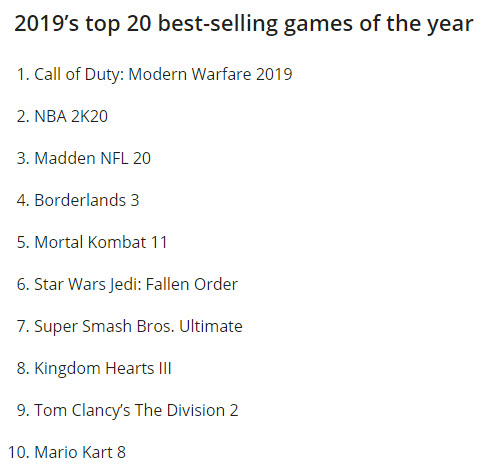
All of the games on this list are action-oriented, with 7 of them having PvP focus. So why has AC:NH captured everyone’s imagination? Why are we all playing it? Does the game’s appeal attract so many players because we’ve all just trapped inside? Or is there something else going on? It seems like such a dumb, forgettable distraction: a game that looks tailor-built for toddlers, with goofy talking animals and simplistic gameplay. There’s something unique happening here that speaks to people in a way they never knew they wanted it to.
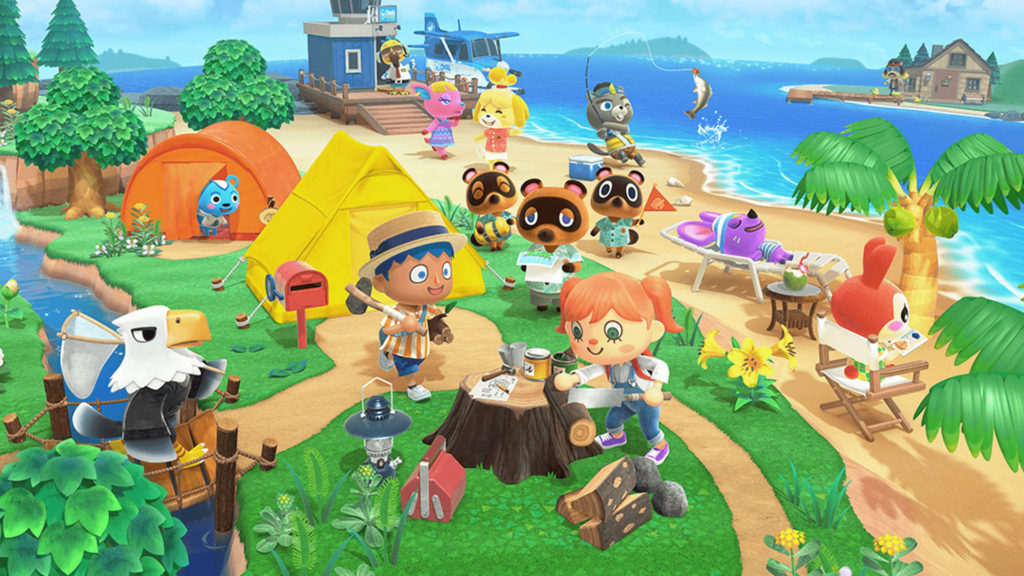
Slow Down
AC:NH is not a fast-paced game. Everyday, we’re subjected to (or subject ourselves to) a tidal wave of news, tweets, posts, articles, videos, and text messages. We’re consuming so much information so fast it’s nearly impossible to comprehend all of any of it. This leads to this phenomenon I call “brain static”.
It’s the moment where you’re scrolling your timeline or reading articles about all this crap happening in the world and how little you can do about it, and you keep looking because you’re afraid you’re going to miss something, and you just start getting more afraid and annoyed and angry and then you just shut down. It ruins your whole day. Animal Crossing is the polar opposite of that feeling.
The game runs in real time. Turn on your Switch at 9 am, it’s 9 am on your island. (This can be circumvented by adjusting your Switch’s internal clock, changing the ingame time). There’s no immediate tasks, no checklist to complete except the one you create. Build a bridge? Write a note to someone? Go fishing? Plant flowers? All of the above? Go for it.
There’s no objective markers or stressful timers, no health or stamina bars to monitor. There’s no quests. There’s no one to save or get revenge on. War and plague are alien to this place. The worst thing that might happen to you is that you get stung by a bee because you shook a tree too much.
AC:NH’s leisurely pace of the game is a break from the current world to a new one where the anxiety and stress levels are turned way down. Your island is immensely likable, comforting, and relaxed. No one’s in a hurry to tell you what to do, and after a few months of slowly watching the world fall apart on the news, it feels like a breath of fresh island air. A 30 minute vacation that helps you just unwind.
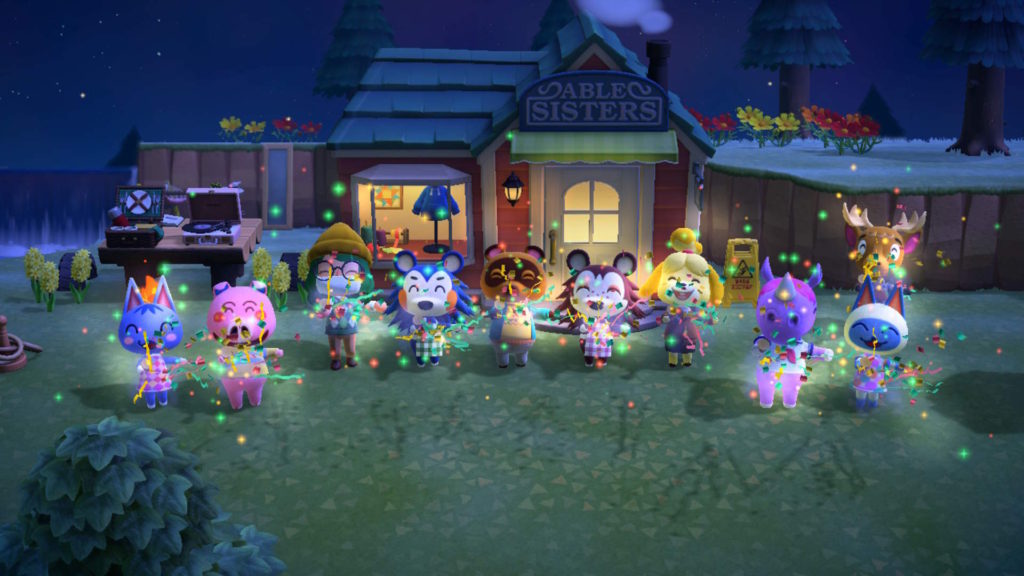
Howdy, Neighbors
One of the best aspects of AC:NH is the social space it can create. We can socialize while social distancing, a pleasant virtualization of neighborly life when we don’t have a lot of options. Your neighbors are goofball animals or animal-like robots(?), but can also be real people. You can show off your dumb little cute house. Characters have adorable animations and catch-phrases, all with distinct personalities, and are always happy to see you. It’s the small town life people romanticize about: a quaint, quiet, and tight-knit group of weirdos who make a place their own.
And they’re so goddamn charming. Your pseudo-landlord is a raccoon, your tailor is a hedgehog, the local pilots are actual dodo birds, a carpet saleswoman is a camel, and your friendly city services rep is a Shih Tzu named Isabelle.
The ability to invite people to your island turns a solitary life into a miniature party. And when we shouldn’t actually get together, having the ability to connect with another person, even through the colorful facade of this game, can feel refreshing. I’ve added more Switch friends playing this than any other game. Other people have found fascinating ways to enjoy the game: from announcing NFL events, internet dating, and even a talk show. The game makes few requests of you, and offers a wide canvas to paint on.
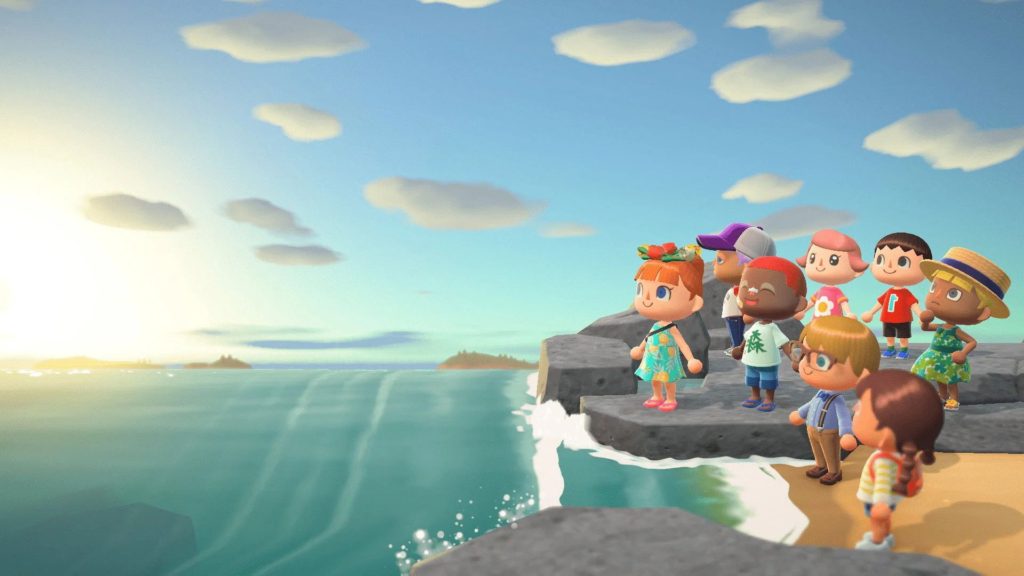
No Gods, No Masters
Down below the fluffy facade, the world of Animal Crossing is anti-industrialism, a love letter to village life where everyone feels important. Your currency is “Bells”, which you can earn by catching fish, bugs, selling fruit, even clumps of weeds. It’s a type of funny money that doesn’t seem connected to any real world economy of the game. Money’s not real, folks. Your in-game phone also has smaller tasks you can perform to gain a second type of currency, “Nook Miles”, which can be redeemed for special items. There’s no scarcity or need; all at your own pace.
Your home loan is actually more of a type of freely given grant. There’s no interest, no deadline to pay, no creditors, and you can repay by selling nothing but bugs if you desire. The most traditional financial devices you encounter are an ATM and turnips. Turnips can be bought once a week from a visiting trader and then sold on the island at different prices, creating a type of “stalk market” as fans call it. The prices are completely random, not connected to any sort of market mechanisms. It’s just random numbers, and becomes more of a fun gambling mini-game: do I sell now to make a small profit or wait to sell higher later and miss my shot?
Money is easy to come by, time spent on tasks is the only real currency, so it’s a low-stakes affair. My sincere feeling is those who are trying to min-max the game through the “stalk market” are playing it wrong, completely backwards. Making a million bells in AC:NH this way means you’re trying to find a shortcut through the most pleasurable parts of the game: wandering around with no plan. Pointlessly accumulating wealth has no purpose here.
There seems to be no real government or even laws; just friendly behavior. This is either a pre or post-capitalist world where competition seems a bizarre affect of strange people. There’s no way to inflict injury on anyone, you can’t steal or destroy. You don’t have to report to a job if you don’t want to; and your job is whatever you make it. Your “police station” which you can build doesn’t actually enforce any laws: no citations or hassling anyone, it’s a glorified lost and found where you can retrieve forgotten items. You can report a obnoxious neighbor, such as a visiting internet troll, to Isabelle who’ll kindly ask them to leave or mute them.
AC:NH is a world wholly unlike our own right now, which is filled with uncertainty, dread, and hardship. Having the ability to plug into a world filled with kindness and friendship, with the ability to share that with other real people, is a delight worth savoring right now.
Carl Wilhoyte is the co-editor and co-founder of Zero Balance. His work has appeared in Street Fight Radio, District Sentinel, Abomination Magazine, Bourbon Penn, and Farmhouse Magazine.
